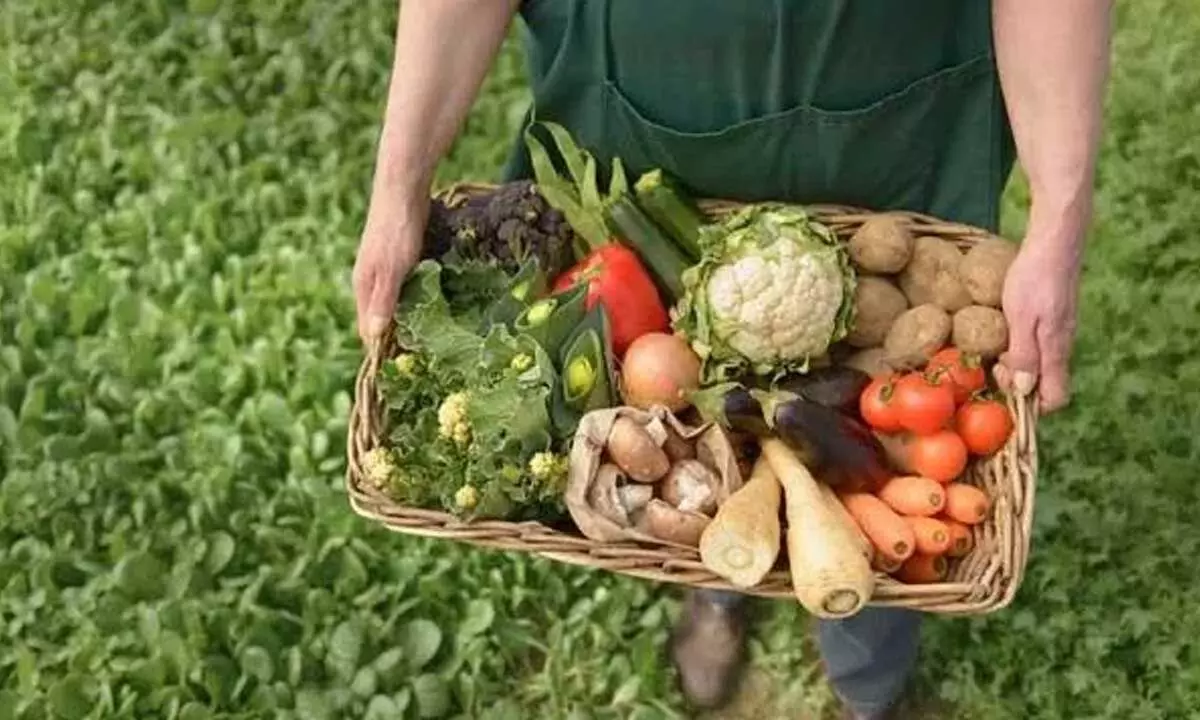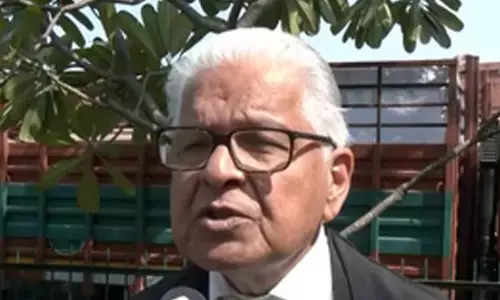Organic Methods in India can help, have eco-friendly future for our coming generations

Organic Methods in India can help, have eco-friendly future for our coming generations
Organic farming is relying on natural process of yield benefits, so as to maintain a healthy soil, eat healthy food and to grow healthy humans.
Organic farming is relying on natural process of yield benefits, so as to maintain a healthy soil, eat healthy food and to grow healthy humans. There exists a difference between organic farming and permaculture. The later depends on organic farming, but it also includes lifestyle into organic gardening or farming.
Weed Management
Weeds are the unwanted plants growing around the planted crops. Weeds take up the nutrients that are meant to be used by the crops of interest. Hence organic farmer requires to remove the weeds, so the nutrients of the soil are intact. There are two organic solutions to weed management.
Cutting or Moving: one can remove weeds by pulling out or cutting. The above process is very labour-intensive.
Mulching -Farmers tend to use mulch film on the surface of the soil surrounding the crops in order to block the weed growth.
Pesticide and chemical management
Agricultural farms require to be saved from varied harmful organism, which affect the crop while making sure that the useful as well as symbiotic organism that help in the crop growth survive. In this process of eliminating the pest, chemical pesticides have been used for a longer period of time. These chemical substances not only kill the harmful organism but at the same time, they also kill the symbiotic organism, which are required for farm soils and result in an ecological imbalance of the agricultural lands. The chemicals used are non-biodegradable and they stay in the environment long after their use is over. They leave residues on the crops such as the fruit and vegetable produce causing bio-hazardous carcinogens when consumed.
In the organic farming process, natural degradable chemicals, herbicides and pesticides are used to protect the soil as well as crops. Natural predator birds or other biological pest control organism are used in some farming techniques in order to feed on the pests and leave the land pest-free and also chemical free.
Soil management
Soil management is the most significant technique in the organic farming in order to keep the soil fertile for a longer duration of time. After the crop cultivation, soil tend to lose its natural nutrients and its natural fertilizer gets depleted. A lot of external substances such as urea, nutrient supplement etc are used to enrich the soil consistency. In organic soil management, the soil is recharged using the natural ways such as bacteria and animal waste, so that it can help increase the depleted nutrients and improve fertility of the soil.
Crop diversity
One must choose a diverse range of crop, this one is natural technique, this would help improve the supply for the demand of crops yearlong. Understanding the crop needs is significant for this technique. Different crop require different climates can be cultivated one after the other without any downtime. Few crops like legumes are cultivated as intermediate crops to enrich the nitrogen content of soils for the next seasonal crop. By increasing the crop diversity, organic farmers in India can easily cater to the growing demand for the organic products.








